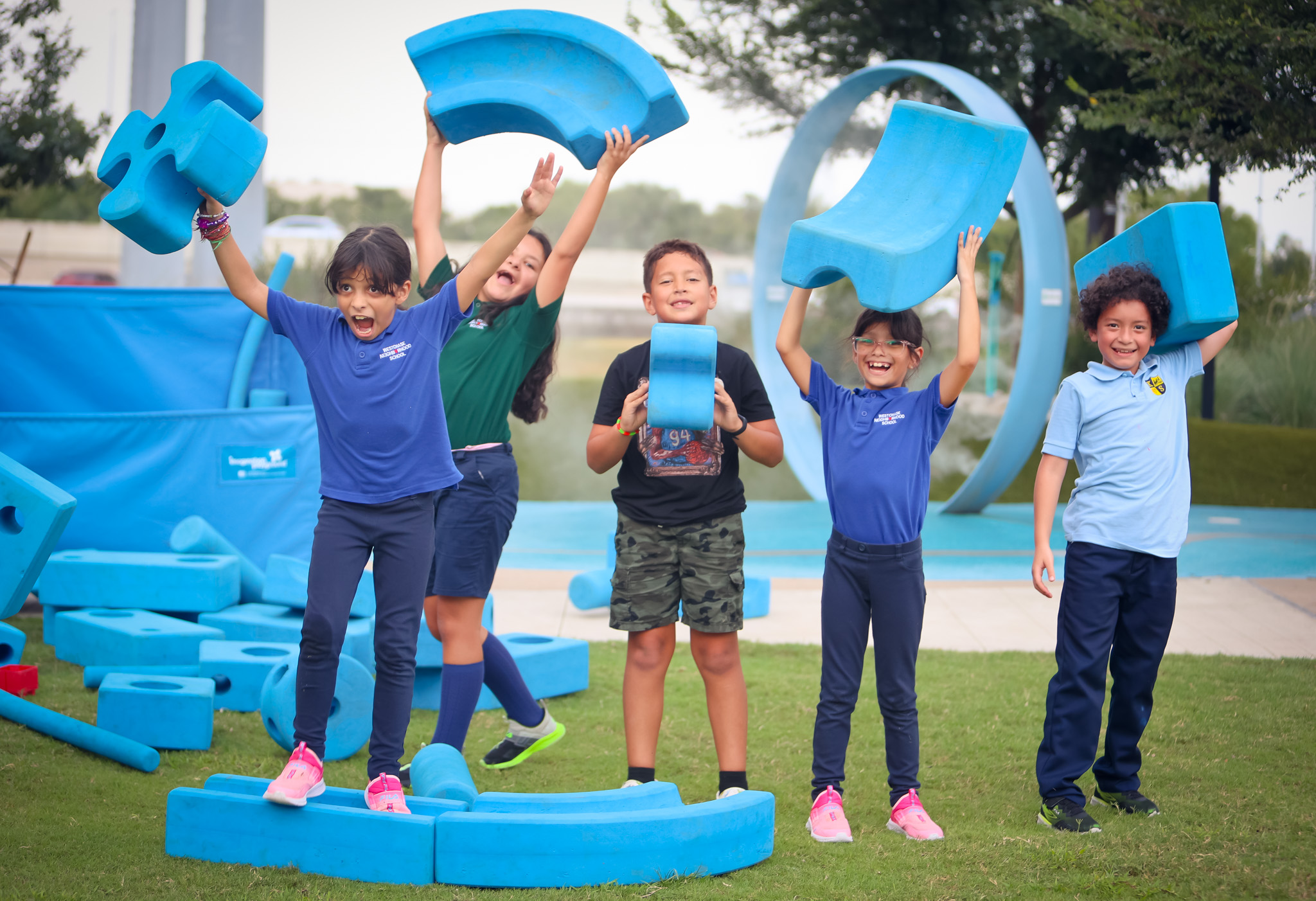Introduction
In early childhood, resilience isn’t just a skill; it’s a foundation for lifelong success. As both a dad and a preschool teacher, I’ve seen how play is an ideal way to introduce resilience-building in a way that feels natural and safe for children. Through structured and unstructured play, children can learn to cope with mistakes, face challenges, and persist through difficulties. This blog will explore the ways in which play can teach resilience, patience, and perseverance, offering practical activities to help young children develop these essential life skills.
Why Resilience Matters in Early Childhood
Resilience is the ability to recover from setbacks, adapt to change, and keep going in the face of adversity. For preschoolers, it could be as simple as persisting with a challenging puzzle or bouncing back after a block tower falls. Developing resilience at an early age is crucial because it equips children with coping skills that will help them in school, friendships, and beyond. Through play, children can encounter and work through small challenges, building confidence that they can tackle bigger obstacles as they grow.
Key Skills for Resilience: Patience, Perseverance, and Adaptability
Resilience-building activities for young children focus on three main skills:
- Patience: Learning to wait, whether for their turn in a game or for help from a teacher.
- Perseverance: Sticking with a task even when it becomes difficult, like completing a puzzle or solving a problem in a game.
- Adaptability: Coping with changes or setbacks, like modifying a plan or starting over after a mistake.
Activities to Build Resilience Through Play
Here are a few activities that can help young children develop resilience in a fun, supportive way:
1. Puzzle Relay
- Goal: Encourage perseverance and patience.
- Materials: Puzzles with varying difficulty levels.
- Activity: In this relay-style game, children work in pairs or small teams. Each child takes a turn adding a piece to the puzzle, and they must wait patiently for their turn. If they struggle with placing a piece, encourage them to think of alternative ways to solve it without giving up.
- Tips: As children work through the puzzle, praise their effort and encourage them to try different approaches if they feel stuck. This activity reinforces the idea that patience and persistence lead to success.
2. Obstacle Course Challenge
- Goal: Teach adaptability and perseverance.
- Materials: Big Blue Blocks, cones, jump ropes, or other safe obstacles.
- Activity: Set up an obstacle course that requires children to crawl, jump, or balance. Add a twist by changing the rules mid-course (e.g., having them hop on one foot or walk backward for certain sections). This encourages them to adapt to changes and navigate through challenges.
- Tips: Offer encouragement if they find a section difficult and acknowledge their effort, whether they succeed right away or have to try multiple times.
3. Building Towers with Limited Blocks
- Goal: Cultivate problem-solving and patience.
- Materials: Blocks or loose parts.
- Activity: Give children a limited number of blocks and challenge them to build the tallest tower they can. When the tower falls, encourage them to try again, perhaps with different stacking techniques or new configurations.
- Tips: Let them explore ways to make the structure more stable and acknowledge their efforts to try new approaches after each attempt. This activity helps children learn to bounce back from small “failures” and experiment with solutions.
4. Pretend Play Scenarios with Setbacks
- Goal: Teach patience and adaptability through role-play.
- Materials: Costumes or props related to different professions (e.g., firefighter, chef, doctor).
- Activity: Set up pretend play scenarios with mini “obstacles.” For instance, if they’re “baking,” pretend the oven isn’t working and encourage them to find another way to make their dish. If they’re “firefighters,” add a new location to “rescue.”
- Tips: Encourage children to brainstorm solutions together and highlight their creativity in solving problems. This teaches them to face setbacks with a positive, solution-focused mindset.
5. The Balancing Bean Bag Challenge
- Goal: Develop patience, focus, and adaptability.
- Materials: Bean bags, small balance beam, or tape for a “balance line.”
- Activity: Have children walk across a balance beam while balancing a bean bag on their head or shoulder. If the bean bag falls, encourage them to try again and find ways to keep their focus. Add challenges by adjusting their speed or trying new positions for the bean bag.
- Tips: Celebrate their persistence, whether they make it all the way across or have to start again. Acknowledge their hard work and determination to try new methods.
The Role of Teachers and Parents in Supporting Resilience
As adults, our reactions can significantly influence how children view challenges. Here are a few ways we can support their resilience journey:
- Model a Growth Mindset: Show children that mistakes are a natural part of learning. When something doesn’t go as planned, verbalize a positive approach, such as, “Let’s see what we can try next time.”
- Provide Gentle Encouragement: Reinforce children’s efforts by recognizing their hard work. Phrases like, “You kept trying even when it got tricky—that’s amazing!” help them value their own persistence.
- Normalize Setbacks: Help children understand that setbacks happen to everyone. Share simple stories about times when you had to try again or make changes, showing them it’s normal to face challenges.
Conclusion
Building resilience doesn’t have to be a formal lesson—it can be woven into everyday play. By using play-based activities, we give young children safe opportunities to experience challenges and practice bouncing back. In doing so, we are laying the groundwork for them to face future obstacles with confidence, patience, and determination. So the next time you set up a play activity, look for those moments to encourage resilience, and enjoy watching children grow stronger and more adaptable through play!
Meet Trevor Newton – a dedicated father, husband, and seasoned preschool teacher with over 14 years of experience and a Master’s degree in Early Childhood Special Education. As a preschool teacher, brand ambassador and educational speaker, Trevor is passionate about sharing valuable insights and resources to empower parents and early childhood educators in navigating key issues and fostering optimal development in young children. Follow Trevor for insightful early childhood content and tips for parents and educators on Facebook, Instagram, LinkedIn @TrevorTNewton.






